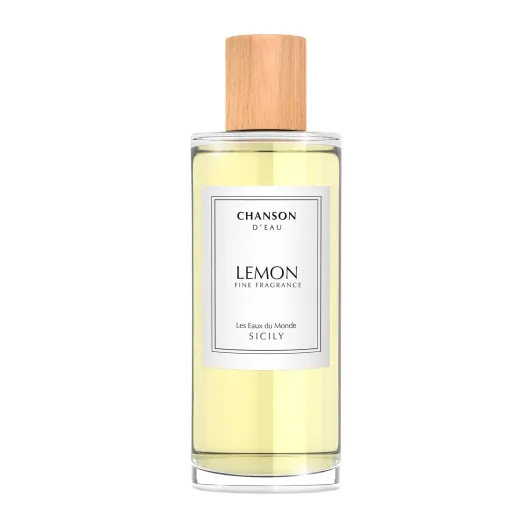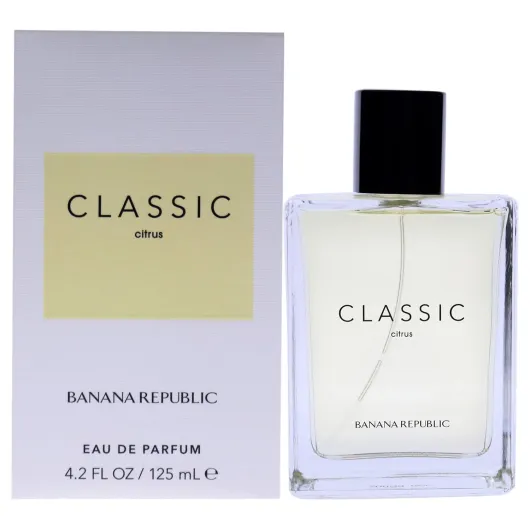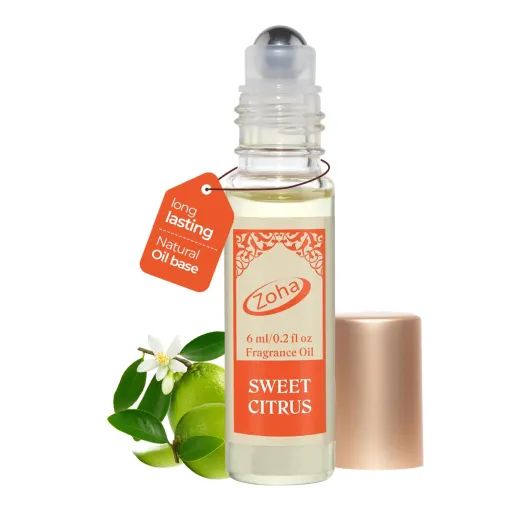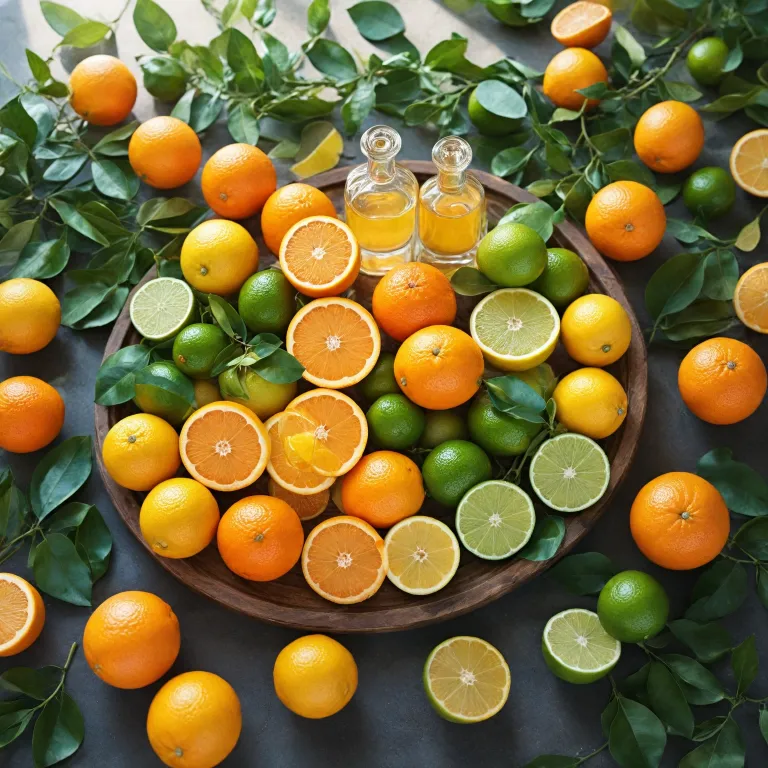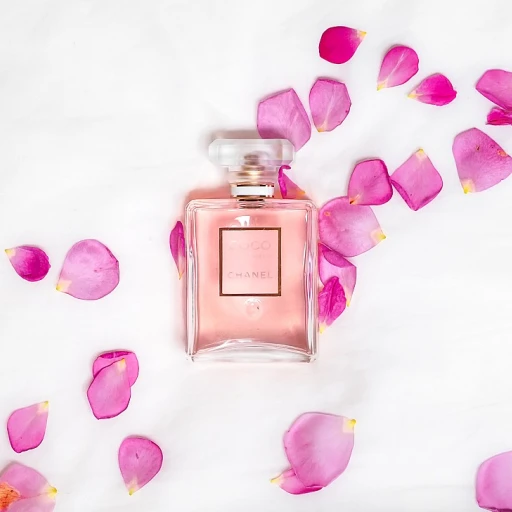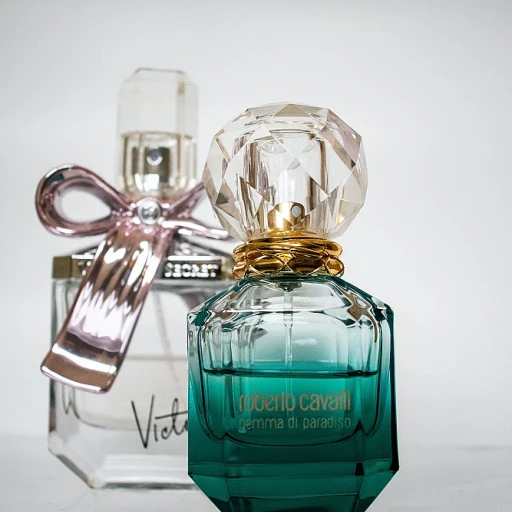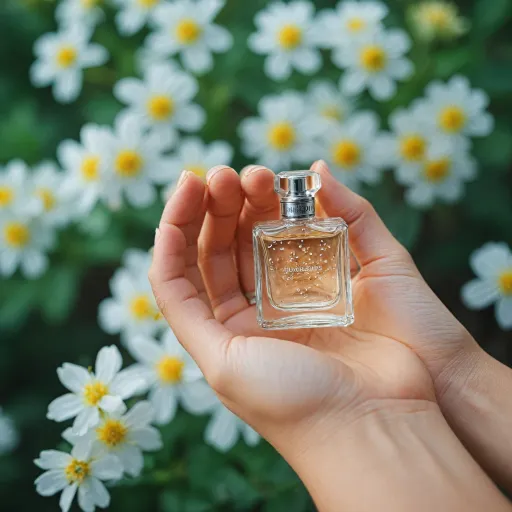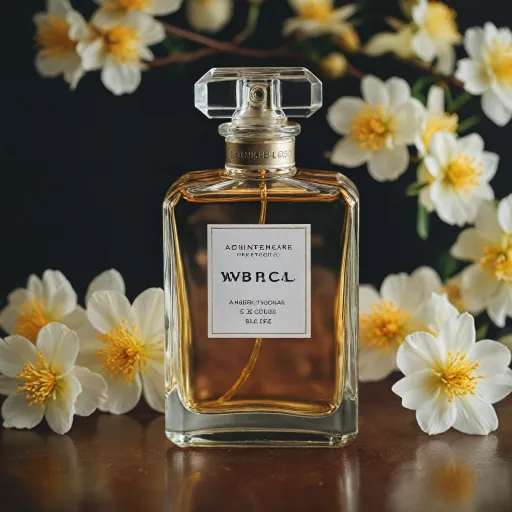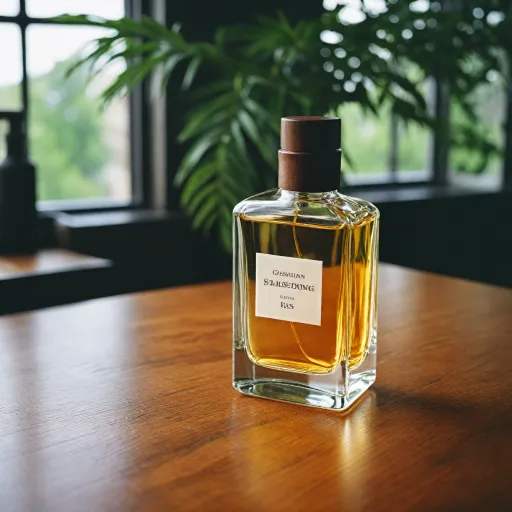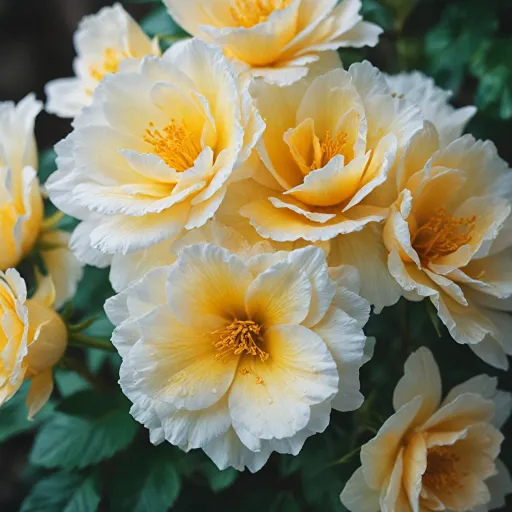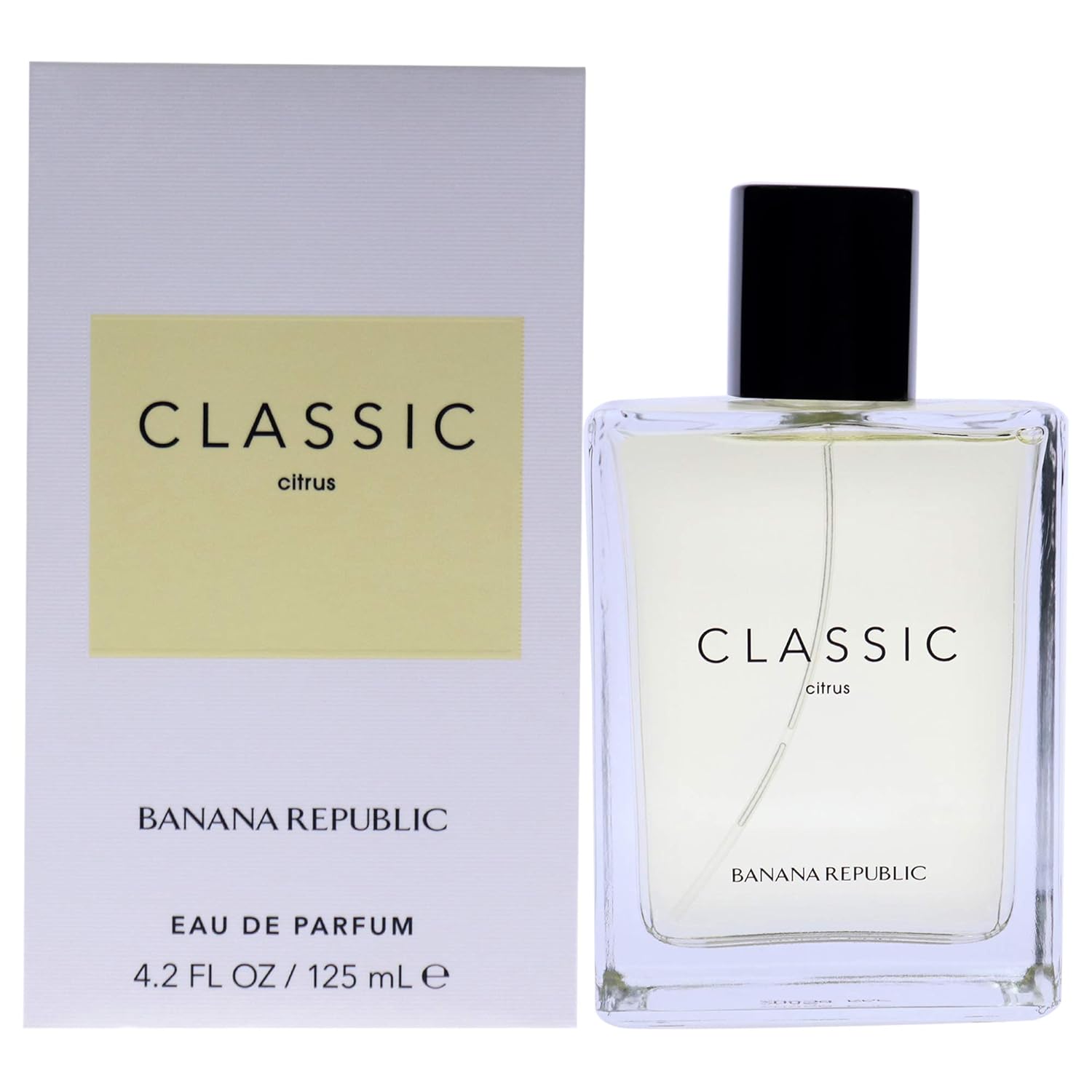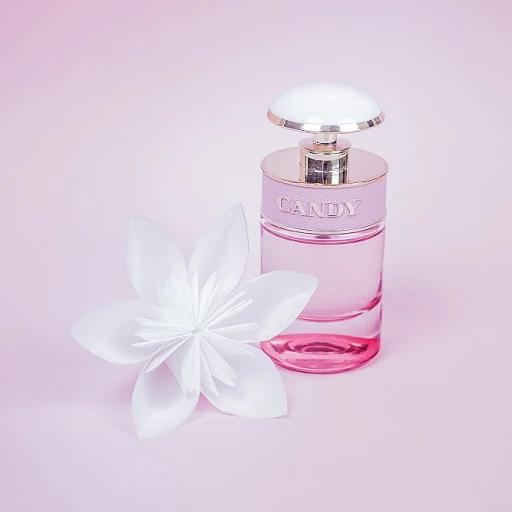
The timeless appeal of citrus notes
Why We Keep Reaching for Citrus Scents
There’s something undeniably magnetic about citrus in perfume. From the first spray, these notes evoke a sense of brightness and energy that feels both timeless and modern. Whether it’s the zesty burst of blood orange, the sparkling freshness of green tea with lemon, or the gentle sweetness of orange blossom, citrus fragrances have a universal appeal that transcends trends and seasons.
What makes citrus notes so captivating? For many, it’s the immediate freshness they bring. Citrus perfumes are often described as uplifting, clean, and invigorating. They cut through the air with a crisp clarity, making them a favorite for those who want their scent to feel light yet memorable. This is why reviews of the best citrus perfumes often highlight their ability to refresh and energize, especially in warmer months or as a daily signature scent.
Historically, citrus notes like bergamot, bitter orange, and lemon have been at the heart of iconic colognes and eau de toilettes. These ingredients are celebrated for their versatility, pairing beautifully with floral, green, or even woody notes. The result is a fragrance that feels both familiar and new, depending on how it’s blended. For example, a floral citrus composition might combine orange blossom with white musk, while an aromatic citrus could layer fresh citrus with herbal or woody undertones.
Today, the market offers a wide view of citrus fragrances, from classic eau parfum to innovative perfume oils. Brands like Parfums Marly and niche houses continue to explore new ways to showcase citrus, often blending it with unexpected accords for a modern twist. The popularity of citrus perfumes is reflected in countless reviews sold online, where perfume lovers share their experiences with everything from bath body mists to high-end colognes.
- Freshness: Citrus notes deliver a clean, bright scent profile.
- Versatility: They pair well with floral, green, musk, and woody notes.
- Universality: Suitable for all genders and occasions.
- Timelessness: Citrus has been a staple in perfumery for centuries.
For those who adore fragrance, exploring the world of citrus is a journey through history, innovation, and personal expression. If you’re curious about how citrus fits into the broader landscape of scent, including its role in masculine fragrances, you might enjoy this guide for fragrance lovers that delves deeper into aromatic citrus and more.
How citrus scents are crafted in perfumery
The journey from grove to bottle
Crafting a citrus fragrance is a delicate process that starts with sourcing the best raw materials. Citrus notes like orange, blood orange, bitter orange, and green mandarin are extracted from the peels using cold pressing or steam distillation. These methods help preserve the bright, fresh, and zesty character that defines citrus perfumes. In some cases, perfumers use orange blossom or green tea to add a floral citrus or aromatic citrus twist, creating a more complex scent profile.
Blending for balance and longevity
Once the essential oils are obtained, perfumers blend them with other notes to achieve the desired effect. Citrus notes are often paired with white musk, woody notes, or even sweet accords to create a balanced composition. For example, a fresh citrus eau de toilette might combine green notes and musk for a clean finish, while a citrus perfume oil could be enriched with floral or bath body elements for added depth. The art lies in maintaining the sparkling freshness of citrus while ensuring the scent lasts on the skin. For more on how longevity is achieved in perfumes, you can explore how long perfume lasts on your skin.
Innovation in modern perfumery
Today, niche brands and established houses alike experiment with citrus fragrances by introducing unexpected pairings. Aromatic citrus blends, green tea infusions, and even woody citrus colognes are gaining popularity. Reviews often highlight how these innovative combinations stand out among the best citrus perfumes sold today. Whether it’s a bright eau parfum or a subtle citrus fragrance for daily spray, the creativity in crafting these scents continues to captivate perfume lovers and collectors alike.
Challenges in creating lasting citrus fragrances
Why citrus scents fade so quickly
Anyone who has ever sprayed a fresh citrus perfume knows the thrill of those first bright notes—zesty orange, tangy blood orange, or the sparkling green of bergamot. But many fragrance lovers notice that these lively scents seem to vanish faster than other perfumes. This isn’t just your imagination. Citrus notes are made up of small, volatile molecules that evaporate quickly, making them some of the most fleeting in perfumery.
Perfumers face a real challenge when crafting a citrus fragrance that lasts. The natural oils from lemon, bitter orange, or orange blossom are incredibly vibrant, but their volatility means they disappear soon after application. Even in eau de toilette or eau parfum concentrations, the fresh citrus opening can fade within an hour, leaving behind softer base notes like white musk or woody notes. This is why many reviews mention the short-lived nature of citrus perfumes, even among the best-rated options.
Techniques to extend citrus longevity
To help citrus notes linger, perfumers often blend them with other fragrance families. Aromatic citrus compositions might include green tea or floral notes, while a touch of musk or woody notes can anchor the scent. Some modern perfume oil formulas offer a longer-lasting citrus experience, but the balance is delicate—too much base, and the fresh citrus character is lost.
Another approach is using synthetic molecules that mimic the brightness of natural citrus but with improved staying power. These innovations have led to some of the best citrus fragrances on the market today, as seen in reviews sold by both niche and mainstream brands. Still, the quest for a truly long-lasting citrus perfume continues to inspire creativity in the industry.
If you’re passionate about the art and science of scent diffusion, exploring essential oil nebulizers can offer a new view on how citrus and other notes perform in different environments.
- Natural citrus oils: vibrant but fleeting
- Blending with musk, green, or woody notes for longevity
- Innovative synthetics for lasting fresh citrus impact
- Perfume oil and bath body products as alternatives
Ultimately, the ephemeral nature of citrus is part of its charm. For those who adore the sparkling, sweet, and aromatic citrus rush, reapplying your favorite cologne or eau de toilette is simply part of the ritual. The best citrus perfumes may not last all day, but their bright, uplifting scent is worth every spray.
Pairing citrus with other fragrance families
Blending Citrus with Other Fragrance Families
One of the most fascinating aspects of citrus fragrances is how seamlessly they can be paired with other scent families. Citrus notes like orange, blood orange, and bitter orange bring a bright, fresh energy to a composition, but their true magic often shines when combined with complementary accords. This versatility is a key reason why citrus perfumes are so popular among both niche and mainstream perfume houses.
When perfumers blend citrus with floral notes, the result is often a radiant, uplifting scent. Orange blossom, for example, adds a sweet, slightly green floral touch that enhances the sparkling character of citrus. Floral citrus perfumes are especially loved for their easy-to-wear, daytime appeal—think of the fresh citrus opening that gently transitions into a soft, white musk or green tea heart. These combinations are frequently highlighted in reviews for their balanced and approachable nature.
Pairing citrus with woody notes or musk creates a more grounded, long-lasting fragrance. The aromatic citrus top notes provide an initial burst of freshness, while the woody or musk base ensures the scent lingers on the skin. This approach is common in both eau de toilette and eau parfum concentrations, offering options for those who want either a light spray or a more intense experience. Some of the best-selling citrus colognes and perfumes use this structure to achieve both brightness and depth, making them favorites in many reviews sold online.
For those who enjoy a more complex scent, citrus can also be layered with spicy or green notes. The addition of green tea or herbal accords can give a citrus fragrance an aromatic twist, while spices like pink pepper add a subtle warmth. These combinations are often found in modern interpretations of classic citrus perfumes, appealing to fragrance lovers who seek something beyond the traditional fresh citrus profile.
- Floral citrus: Orange blossom, neroli, and white musk for a soft, luminous effect
- Woody citrus: Cedar, vetiver, or sandalwood for a sophisticated, lasting impression
- Green citrus: Green tea, basil, or mint for a crisp, aromatic freshness
- Sweet citrus: Blood orange, mandarin, or honeyed notes for a juicy, gourmand twist
Ultimately, the art of pairing citrus with other fragrance families allows perfumers to create scents that are both familiar and innovative. Whether you prefer a classic eau de toilette with a fresh citrus burst or a more daring perfume oil with woody and aromatic citrus undertones, there is a citrus fragrance out there to suit every taste and collection.
Why citrus fragrances resonate with fragrance lovers
What Makes Citrus Fragrances So Addictive?
There’s a reason why citrus perfumes consistently rank among the best sellers and receive glowing reviews. The fresh, bright character of citrus notes—like orange, blood orange, bitter orange, and green tea—delivers an instant mood boost. Whether in an eau de toilette, eau parfum, or even a perfume oil, these scents evoke a sense of energy and optimism that’s hard to resist.
For many fragrance lovers, the appeal lies in the versatility of citrus. A spray of a citrus fragrance can feel just as appropriate for a morning meeting as it does for a summer evening out. The light, green, and sometimes sweet undertones make citrus perfumes a staple in both men’s cologne and women’s perfumes. This adaptability is why so many reviews sold on popular platforms praise citrus scents for their all-day wearability.
The Emotional Connection to Citrus Scents
Citrus notes are often associated with cleanliness, vitality, and even nostalgia. The scent of orange blossom or a burst of fresh citrus can transport you to sunlit orchards or evoke memories of a favorite bath body ritual. This emotional resonance is a key reason why citrus fragrances hold a special place in so many collections.
- Refreshing effect: Citrus notes cut through heat and humidity, making them ideal for warm climates or active lifestyles.
- Layering potential: Citrus pairs beautifully with floral, green, woody, and musk notes, allowing for endless creativity in both niche and mainstream perfumes.
- Modern classics: Brands like Parfums Marly and other luxury houses have reimagined citrus with aromatic citrus blends, floral citrus bouquets, and even citrus fragrances with white musk or woody notes for added depth.
Ultimately, the best citrus perfume is the one that resonates with your personal style and mood. Whether you prefer a sparkling cologne, a sweet orange-forward scent, or a complex blend with green tea and musk, there’s a citrus fragrance out there that will brighten your day and earn a permanent spot in your rotation. The enduring popularity of citrus perfumes is a testament to their universal appeal and the joy they bring to fragrance lovers everywhere.
Selecting the perfect citrus scented fragrance for your collection
Finding Your Signature Citrus Scent
Choosing the best citrus fragrance for your collection is a personal journey. With so many options, from bright and fresh citrus perfumes to complex blends with woody notes or floral accents, it helps to consider what truly resonates with your style and mood.
- Understand the Notes: Citrus fragrances often feature orange, blood orange, bitter orange, or green notes. Some lean toward sweet and juicy, while others are more aromatic citrus or even green tea inspired. Reading reviews can help you get a sense of how these notes unfold on the skin.
- Consider Longevity: As discussed earlier, citrus notes are naturally volatile, so lasting power can vary. Eau de toilette and eau parfum concentrations will perform differently. Some citrus perfumes are boosted with musk or woody notes for better longevity, while others use perfume oil bases for a richer experience.
- Pairing Preferences: If you enjoy a floral citrus or a citrus fragrance with a bath body freshness, look for blends with orange blossom, white musk, or green tea. For a more unisex or cologne style, aromatic citrus and woody notes can add depth.
- Sampling and Reviews: Before you buy, try to sample or view reviews sold by trusted sources. Many perfume lovers share their experiences with citrus perfumes, highlighting which are the best for different seasons or occasions.
- Brand and Craftsmanship: Some houses, like Parfums Marly, are known for their expertise in crafting citrus fragrances. Explore their range and compare with other brands to find what suits you best.
Whether you prefer a sparkling fresh citrus spray for summer or a more complex citrus perfume with floral or woody notes for year-round wear, the right choice will reflect your personality and enhance your fragrance wardrobe. Don’t hesitate to explore new releases and revisit classics—sometimes, the perfect citrus scent is just waiting to be discovered.

